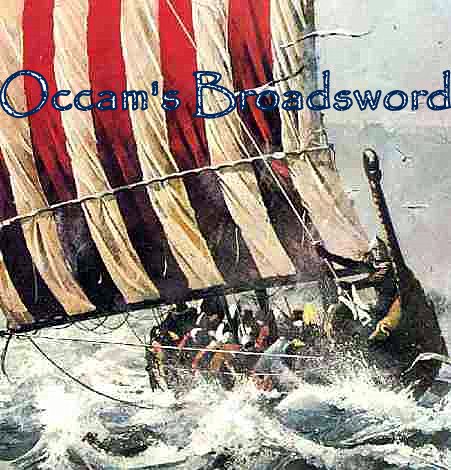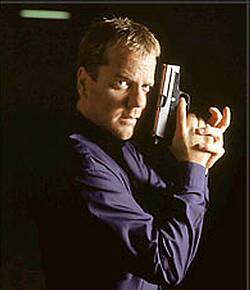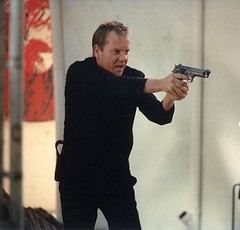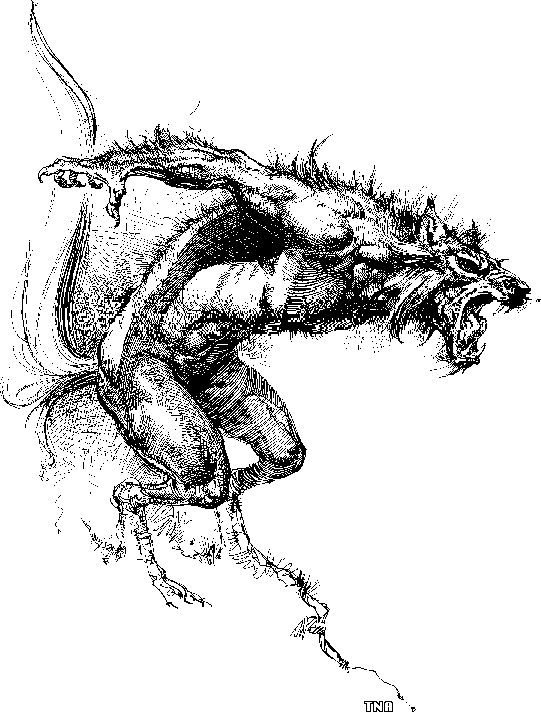
As the song goes:
Istanbul was Constantinople
Now it's Istanbul, not Constantinople
Been a long time gone, Constantinople
Now it's Turkish delight on a moonlit night
Every gal in Constantinople
Lives in Istanbul, not Constantinople
So if you've a date in Constantinople
She'll be waiting in Istanbul
Even old New York was once New Amsterdam
Why they changed it I can't say
People just liked it better that way
So take me back to Constantinople
No, you can't go back to Constantinople
Been a long time gone, Constantinople
Why did Constantinople get the works
That's nobody's business but the Turks
Istanbul (Istanbul)
Istanbul (Istanbul)
Even old New York was once New Amsterdam
Why they changed it I can't say
People just liked it better that way
Istanbul was Constantinople
Now it's Istanbul, not Constantinople
Been a long time gone, Constantinople
Why did Constantinople get the works
That's nobody's business but the Turks
So take me back to Constantinople
No, you can't go back to Constantinople
Been a long time gone, Constantinople
Why did Constantinople get the works
That's nobody's business but the Turks
Istanbul
I was reminded recently of this old ditty, which was ancient back in the day when They Might Be Giants recorded it. It turns out that while the Turks certainly did have they final say on changing the name of this ancient city, it actually wasn't completely there "business."
Constantinople was the Eastern capital of the Roman Empire, and was also called Byzantium, almost interchangeably even after it was renamed after the Emperor Constantine. Even after Rome fell under the sway of Barbarian tribes from Northern Europe, the Eastern empire soldiered on for centuries as an outpost of learning and Christianity. It was never powerful enough to hold much sway beyond it's immediate borders, but it remained a cultural center with sufficient military power to hold back the Islamic forces throwing themselves against it.
One of the secrets of Constantinople's success was its location on the Golden Horn of Asia Minor. This was a peninsula jutting out from the land which could be easily defended by a thick, stout wall. The sea approaches were guarded by a navy and high sea walls. The harbor was defended by a thick chain that kept enemy ships from entering. Constantinople also held the secret of Greek Fire, a kind of medieval napalm which burned even when wet. The Roman military tradition also evolved into one of the more advanced medieval militaries. Constantinople also counted on assistance from the Christian countries of Europe. These advantages allowed Constantinople to cultivate an image of invincibility.
However, there was a rotting core to Constantinople -- politics. Even today, "Byzantine" is the word used to describe complicated conspiracies aimed at backstabbing political rivals and turning the tables on opponents. And eventually this penchant for intrigue and plots pitted the competitions of Byzantine rulers against the cold hard cash they owed to Italian merchants and traders.
As it happened, the
Fourth Crusade was about to begin, and thousands of veteran soldiers from across Western Europe sought passage to the Holy Land in order to fight the Infidel. They needed these same Italian merchants to provide ships for transport. "Sure," said the Italians, "but instead of paying us, we'll take you over IF you help us recoup payment out of these Byzantine princes who owe us big money." The crusaders were diverted to Constantinople, and instead of fighting the Muslims, they sought a way to invade Constantinople.
The operations was brilliant, and shows that medieval warfare could be highly sophisticated and ingenious. The crusaders launched a land assault on the tower which held the far end of the harbor defense chain. It was taken, and the chain was cut. An amphibious assault was launched against Byzantine shore defense, and crusader ships were run aground. These ships dropped ramps, and armored cavalry galloped straight off the decks. Other ships were mounted with siege towers (called belfries) and the seawalls were attacked in this manner. With the strongest parts of the Byzantine defense collapsed, an ordinary siege was eventually successful, and the crusaders were able to breach the city and sacked it for several days.
Then they went home with the loot. Most of them never set foot in the Holy Land. Few of them ever saw their avowed muslim enemies.
And the myth of Constantinople's invulnerability was shattered by its own Christian allies. The defenses of the city never recovered. Within a short space of time, the Turks also attacked and defeated Constantinople's guardians. It became their capital and all the Christian churches and cathedrals were reconsecrated as Muslim mosques.






















